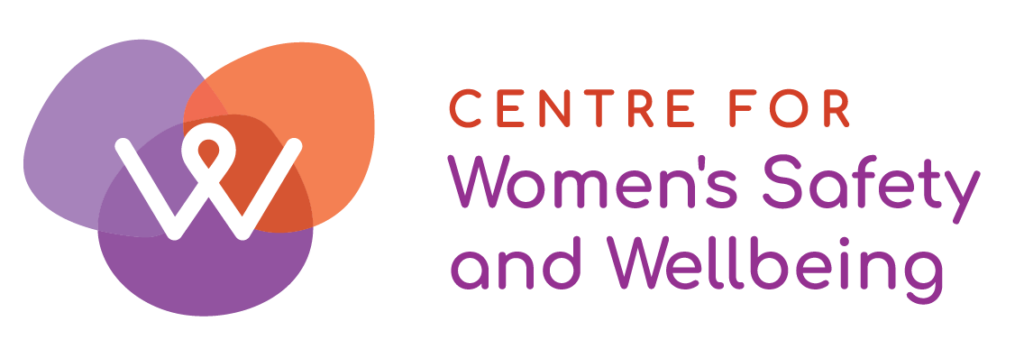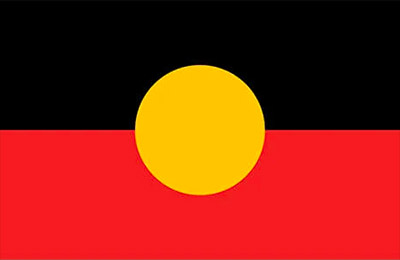It is so hard to feel hopeful when we ended 2023 with the news that a woman was killed by a man known to her in Broome on Christmas day. As always, words fall short when it comes to describing such a personal tragedy and what it says about us as a society. It is hard not to see it as a reflection of our continued failure to protect women and children from men’s fatal violence.
The only way to honour women and children who have been killed and the families left behind, the only way to truly support those continuing to live in fear, is to live right in hope and do the hard work of hope.
Victoria had the Royal Commission into Family Violence – which poured over the evidence and came up with 227 recommendations, backed with a historic investment of more than $3.86. Recognising the necessity of having “the full evidence base to drive the most effective change” the South Australian Government will establish a Royal Commission into Domestic, Family and Sexual Violence. In making the decision, the Government reviewed findings of Victoria’s Royal Commission into Family Violence, and Queensland’s Women’s Safety and Justice Taskforce in 2021 and 2022. The review found that while both reports provide valuable insight for next steps, neither provide immediate recommendations which can be implemented in a South Australian context.
In Western Australia we have the Family and Domestic Violence Taskforce. It is not a Royal Commission, but we must understand that if it is to effect meaningful, long-term change and put WA on a path of genuine reform then the same heavy lifting and pouring over the evidence and purposeful and strategic investment will be essential.
An ambitious but comprehensive reform agenda takes time and resources to achieve full system change. It requires a long-term vision that is supported by evidence-based incremental change at system and sector levels. With the Taskforce wrapping up in just a few months, the groundwork will need to be laid for a phased approach to reform with effective reform oversight, governance arrangements and transparent reporting. As an outcome, we expect a system that is more connected, sustainable and demonstrably delivering better outcomes for victim survivors.
The safety of victim survivors relies on how well the family and domestic violence system supports them and helps them navigate the system. Effective governance of the reform includes understanding how people experience the system. We are deeply pleased that a resourced, and well-supported Lived Experience Advisory Group is being established by the WA Government to support this.
Using the knowledge and expertise of existing service providers and family and domestic violence response partners, Aboriginal communities and agencies as well as drawing on research and evidence of academics or organisations such as ANROWS and Our Watch will also be integral to putting reform on the optimal path.
The key elements of system architecture that form the underpinning framework for a revamped and sustainable response are:
· Evidence-based, contemporary, multi-agency risk management tools and practices
· A clear and uniform information sharing regime
· An integrated, collaborative approach across all players in the system including Police, Courts, Child Protection and Corrections
· Consistent data collection and system performance metrics
· Strategies to strengthen workforce capability and capacity
While system architecture provides a framework for sustainability, the work of agencies who are addressing the needs of adult and child victims and perpetrators of violence in the face of increasing and complex demand, must be maintained and supported.
Another key area of focus for the Family and Domestic Violence Taskforce is housing, recognising the significant impacts an absence of safe and secure housing can have on victim survivors of family and domestic violence, and the difficult choice victim survivors are often faced with – to remain living with the perpetrator or face homelessness.
We strongly support the WA Government’s significant additional funding for social housing and homelessness initiatives, short-term rental reform and rent relief programs. However, to end homelessness among victim survivors, these alone will not get us there. We need the WA Government to take action to ensure every person escaping violence has timely access to safe and affordable housing options. We need more initiatives that enable and support victim survivors to remain safe in their own homes, such as increased access to family and domestic violence financial counsellors and legal assistance, increased access to income through well-paid employment opportunities; expanded ways to keep perpetrators accountable, and increased housing for perpetrators so more victim survivors can feel that staying safe in their home is a viable option.
In the past few decades progress has been made in creating refuges and Safe at Home options, increasing legal protections, and establishing transitional services. However, family and domestic violence persists.
Hope is a belief that something you want will happen.
In 2024 can we dare to hope that it will be the year that we change the course we are on and ultimately prevent domestic, family and sexual violence through serious reforms?
If this article has raised issues for you, or if you’re concerned about someone you know:
· Women’s DV Line: 9223 1188 or 1800 007 339 (country)
· Crisis Care 24/7: 9223 1111
· Lifeline: 13 11 14
· 1800 Respect: 1800 737 732
· Men’s DV Line: 9223 1199 or 1800 000 599
· No to Violence: 1300 766 491
· Beyond Blue: 1300 22 46 36
· Headspace: 1800 650 890
· Kids Helpline 24/7: 1800 551 800
· Relationships Australia WA: 1300 364 277
If you or someone else is in immediate danger, please call 000.





